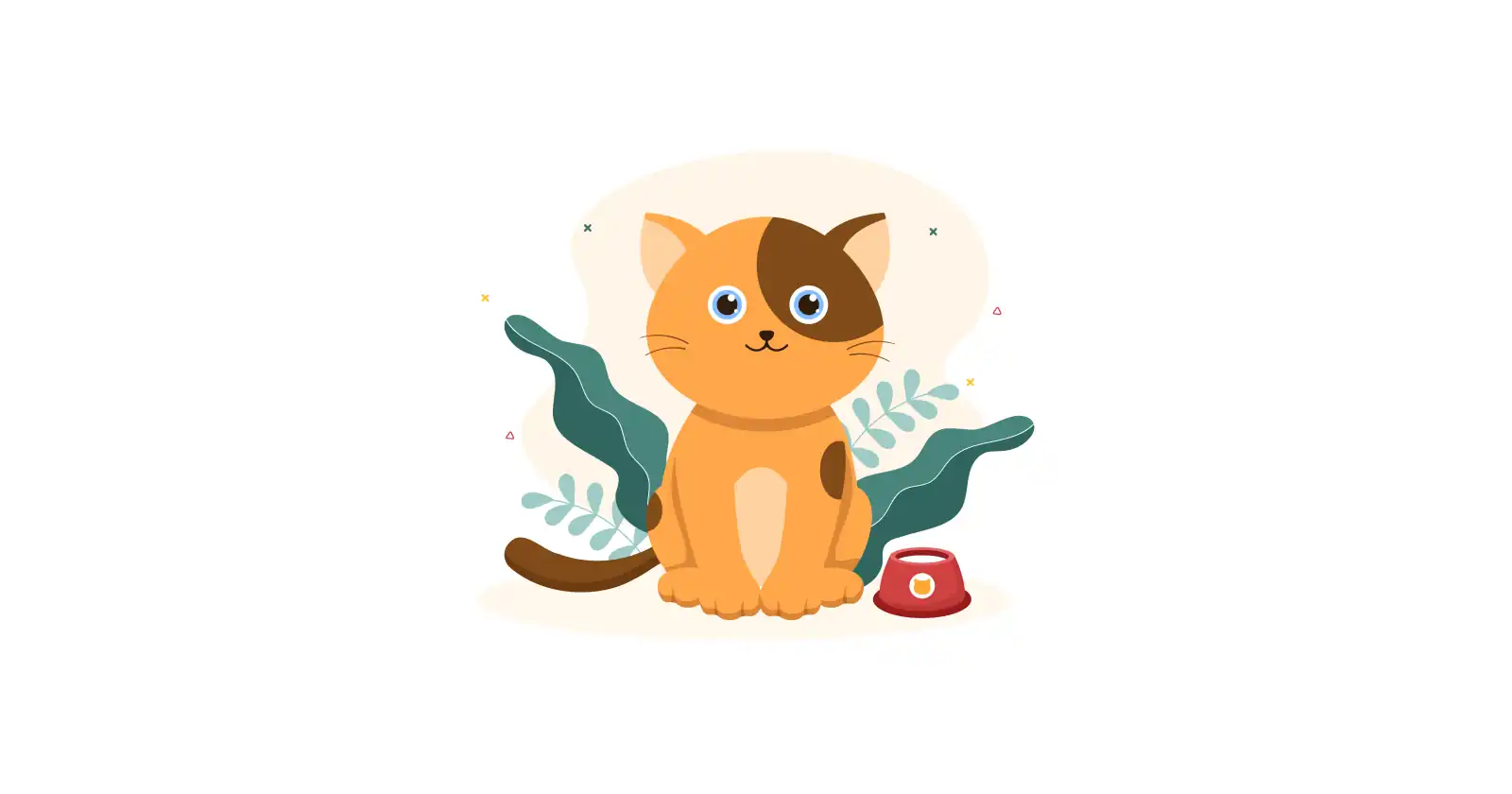3 Most important nutrients in cat's diets

Cats are among the most popular pets in the world, and for good reason. These furry friends are intelligent, playful, and loving. As cat parents, we want to ensure that our feline companions are healthy and happy, and one of the most important ways to do this is through their diet. Just like humans, cats require a balanced diet that includes a variety of nutrients to support their health and well-being. This article is to stop cat parents from making a very common mistake like feeding their 'purry' friends as per the understanding of nutrition from a human perspective. Often we define nutrition based on what is most nutritious for our health. But we have to take into consideration that when we pet a cat, there are two species involved in the process - one (the cat) is still wild at heart and genes; the other (we) has evolved to be far away from a wild lifestyle. So, in the very first place, you will have to understand what 'nutrition' means before getting to know about the three nutritional elements in cats' diets. Keep reading to learn more.
What is nutrition?
Nutrition is a 3-step process involving the consumption of food and drink, breaking down of it into nutrients, and then being flown through the bloodstream to different body parts to be used as 'fuel' for the body.
In the case of cats, this entire process is executed successfully when they are fed on a protein and fat-rich, low-carbohydrate diet. Cats do not have the enzyme pathways to digest and utilize dietary carbohydrates like many other mammals. Contrary to humans, cats have evolved special nutritional requirements that are only appropriate for carnivores.
So what are the most important nutritional elements in cat's diets?
1. Animal protein
Like their undomesticated relatives, house cats also carry the carnivorous gene in their constitution. Hence, their nutritional needs act accordingly. Animal protein is a must for them.
How does animal protein help cats?
- Cat's digestive system breaks animal protein down into amino acids.
- Amino acid produces energy and makes new proteins.
- Protein takes care of their organs, tissues, skin, fur, blood, muscles and heart.
Some commonly available natural sources of protein for cats are Chicken, Salmon fish, lamb meat etc.
2. Fats
Good fats refer to the fatty acids like Omega 3 and Omega 6 as well as natural fats present in meat and fish. This is also a vital source of energy.
How do fats help cats?
- Fat provides twice the energy gained from proteins and carbohydrates
- Fat controls the speed of nerve signal transmission
- It builds a part of cats' cell membranes
- Builds immunity against bacterial and viral infections
- Plays a vital role in the formation of some hormones like estrogen, testosterone and progesterone.
3. Vitamins
Different vitamins play different roles as nutritional elements in cat's diets. Though not in large amounts, however, vitamins are necessary for cats in small amounts.
Vitamin A
Sources: Generally Vitamin A is present in plant-based foods. As cats are not very fond of veggies, you may include animal sources like milk and liver in your cat's diet.
Benefits:
- Improved vision
- Bone and tooth health
- Reproduction
- Maintenance of skin and mucous membranes
Vitamin B2
Sources: muscle, liver, eggs, and pork
It contributes to improved fur health and fur quality.
Vitamin B12
Sources: meat, fish, and eggs; in case of any illness Vitamin B12 supplement is a good option.
Benefits:
- Takes care of cat's nervous system and digestive system
- Prevents lethargy
In this blog, we have talked about the three most important nutritional elements in cats' diets and their role in maintaining good health. At the same time, it is to keep in mind that different breeds may need different combinations of nutrients in their diets. In case, you need any expert advice to plan your cat's regular diet, you can schedule a video call appointment with Kuddle vets or Pet Nutrition experts.